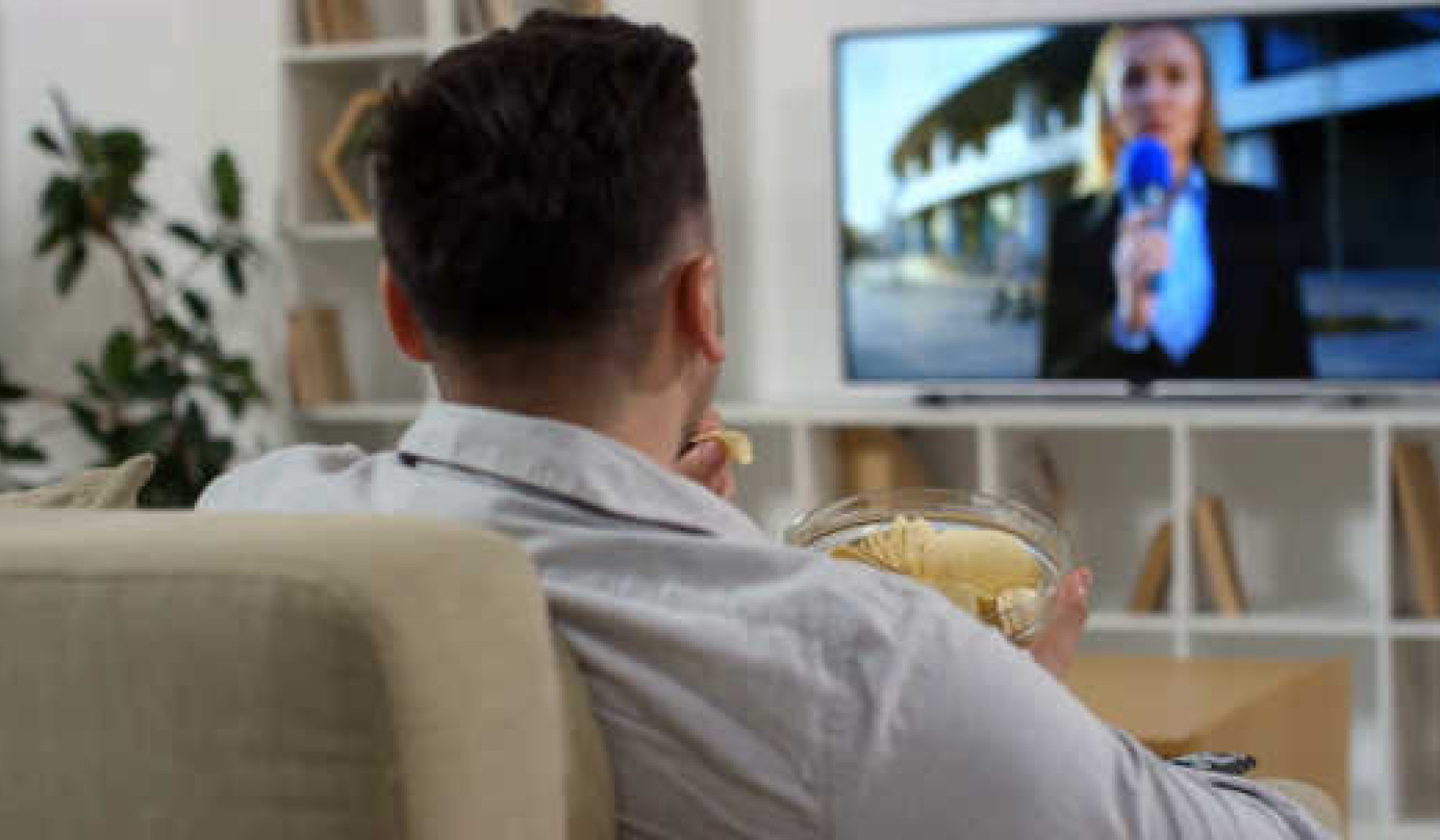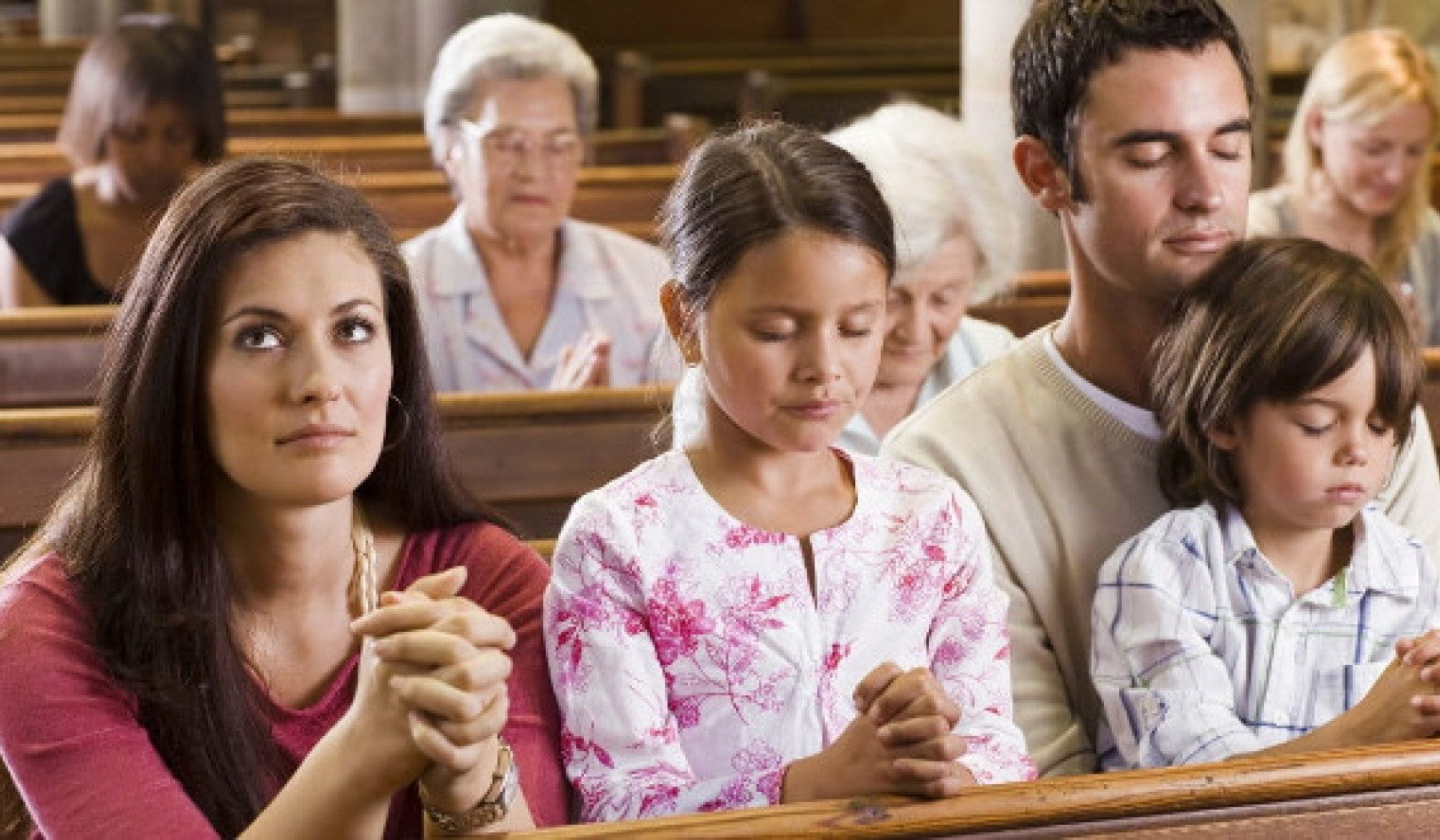 Jazmine Headley, center, who had her toddler yanked from her arms by police at a social services centre said that she went into ‘defence mode.’ Here she joins attorney Brian Neary and her mother, Jacqueline Jenkins, outside a courthouse in Trenton, N.J., Dec. 12, 2018. (AP Photo/Mike Catalini)
Jazmine Headley, center, who had her toddler yanked from her arms by police at a social services centre said that she went into ‘defence mode.’ Here she joins attorney Brian Neary and her mother, Jacqueline Jenkins, outside a courthouse in Trenton, N.J., Dec. 12, 2018. (AP Photo/Mike Catalini)
Many were horrified by the viral video of New York City police officers ripping Jazmine Headley’s one-year-old from her arms as she cried out, “They’re hurting my son!”
On Dec. 7, 2018, Headley was waiting in a Brooklyn, N.Y., social services office when guards asked her to leave because she was sitting on the floor of the overcrowded office. She refused to leave. She was waiting to speak with someone about assistance for childcare for her son, which had just been revoked. Headley needed the childcare to go to work. When she refused to move, the guards called the police.
Headley says she went into “defence mode” holding onto her son as the police continually tried to wrench him from her arms with apparent disregard for any physical or emotional harm this might cause.
{youtube}hVgLLbciD8U{/youtube}
After removing her son, police charged Headley with resisting arrest, acting in a manner injurious to a child, obstructing governmental administration and trespassing. Headley was taken in handcuffs from the Brooklyn social services office. She spent five days in jail before being released and all charges were dropped. The New York City Council has since apologized to Headley.
News media labelled the video “appalling” and “disturbing.” Many spoke out about the role of security officers stationed at the benefits office, and the excessive actions of the NYPD.
Most news outlets failed to mention the fact that Headley and her son are Black.
Headley’s race is significant because it links the incident to a broader empirical fact: low-income Black mothers face harsher treatment in their interactions with social services and other authorities relative to low-income white mothers and, to a lesser extent, Latina mothers.
The criminalization of Black mothering
In protecting their children, low-income Black mothers like Jazmine Headley risk being viewed as irrationally overprotective and simultaneously neglectful. Headley’s unwillingness to relinquish her son led to the charge of acting in a manner injurious to a child.
And in refusing to unquestioningly comply with police, Black women like Headley can be seen as angry and aggressive, and thus as threatening. The angry Black woman and the neglectful Black mother are two dominant negative stereotypes about Black women that shape how others in positions of authority view and treat them.
Headley was in the social services office that day because she had been informed by her son’s daycare that the city had stopped paying the fee for her son. She needed the child-care benefit so that she could work. Low-income mothers must routinely interact with institutions, like schools or social services, in their role as mothers but are not treated in the same way as their peers.
My recently published paper in the American Sociological Review, co-authored with Megan Reid, shows that the attitudes and practices embedded within these interactions can put mothers at risk of being treated as criminals. In other words, they face the possibility of being criminalized as “bad mothers” and even losing their parenting rights. We led two research projects which involved interviewing low-income Black mothers in New York and North Carolina. We learned that what happened to Headley can be seen as commonplace: low-income Black mothers routinely ran the risk of having authorities cast a suspicious eye on them, asking: What’s wrong with them? What’s wrong with their mothering?
This was the case for the mothers we spoke to. (We’ve changed their names.)
Law and order policies
Tiffany’s teenage son was caught skipping school by truancy officers. Tiffany worried deeply about the effect her son’s absences and potential school expulsion would have on his future. But rather than work collaboratively with Tiffany to support his attendance, school officials blamed her. The school reported Tiffany to Child Protective Services, and she endured a 30-day investigation. In the meantime, she researched a Job Corp, a federal school and job training program and enrolled her son in it.
At the conclusion of the investigation, Tiffany received a form that basically said she was not found to be doing anything wrong.
Charging parents, especially mothers, when their children miss school became common across the U.S. under the No Child Left Behind Act. In some states, parents are fined or jailed for their children’s truancy, even though there’s a lack of evidence that these penalties improve attendance rates.
At the same time that mothers described facing a great deal of suspicion about their capabilities as mothers, they also said their children — as Black children — could face heightened suspicion from authority figures. Research finds that teachers, security guards, police officers and others often view Black children through a lens of negative stereotypes that ascribe violent or criminal natures to them.
Theresa, a mother of two sons, worried about her sons’ safety due to racist biases about Black boys. She explained:
“When a Black male walk into the room, or walk around somewhere, it’s like an instant fear that, ‘Oh my god, he’s going to do something.’ And it’s like they’re followed around. Just because he’s a Black male, you already assume that he’s trouble.”
Theresa didn’t have daughters, but said Black girls faced the same type of racial profiling. Research confirms Theresa’s assessment, with studies finding that negative stereotypes of “violent girls” underlie authority figures’ punitive responses to girls of colour and explain rising female incarceration rates.
Black mothers said they must protect their teen children not only from crime and violence but also from being criminalized by police and other authorities. Sonya stressed the serious consequences her teenage daughters could face if they got into a fight with peers:
“Once you do it, it’s over. It really is. You go to jail, you have a record, it’s going to be hard.”
And at the same time that they worried about their children’s criminalization, mothers had to guard against being criminalized themselves.
The risk of being criminalized that Black mothers and their children face stems in part from the vast expansion of “law and order” policies over the past several decades. Under the “war on drugs” and the “war on crime,” increased street surveillance and prison sentences for non-violent crimes became the norm, based on the now debunked idea that punishing minor crimes would prevent more severe crime.
Schools also became more punitive with “zero-tolerance” disciplinary measures and armed guards patrolling school corridors. And policing and sanctions have come to play a larger role in the provision of social assistance. Taken together and combined with racist biases, these punitive policies have resulted in the disproportionate targeting and punishment of people of colour, including Black mothers and their children.
Raising children is hard. Doing so under a veil of suspicion directed at your children and your mothering is incredibly hard. This is the day-to-day reality facing low-income Black mothers. Most don’t get an apology like the one Jazmine Headley received. But they and Headley deserve one - and much more.![]()
About The Author
Sinikka Elliott, Assistant Professor of Sociology, University of British Columbia
This article is republished from The Conversation under a Creative Commons license. Read the original article.
Related Books
at InnerSelf Market and Amazon


























